Yom HaShoah (May 4, 2016) marks the date of the Warsaw Uprising as Holocaust Remembrance Day. Yom HaShoah invites us to remember the victims of the Holocaust not just for the inhumane way they suffered and died, but for the heroic way they endured, resisted and sometimes survived—for how they lived. On this day, we can work to build empathy in our students as we share a wide variety of Holocaust stories with them in a book flood.
A Holocaust Remembrance Day Book Flood
Book floods are a way to encourage deeper reading on a topic or genre by curating a collection of books that support your unit’s reading focus and then advertising them as potential independent reading books. In middle and high school, daily reading conferences with 100+ students just aren’t possible; book floods can act as a good teacher stand-in until you can conference one on one. You can start class by book-talking one of the books from the collection you’ve read and enjoyed, or make suggestions when you find students hovering near the display.
Anne Frank wrote in her diary that she believed people are “basically good at heart.” Yom HaShoah motivates us to teach our students how humanity and goodness endure through the darkest periods of our history. Observe this Holocaust Remembrance Day by creating a powerful book flood for your students. Among the hundreds of titles available on the Holocaust, here are the ones my eighth grade students read and circulate most among their friends:
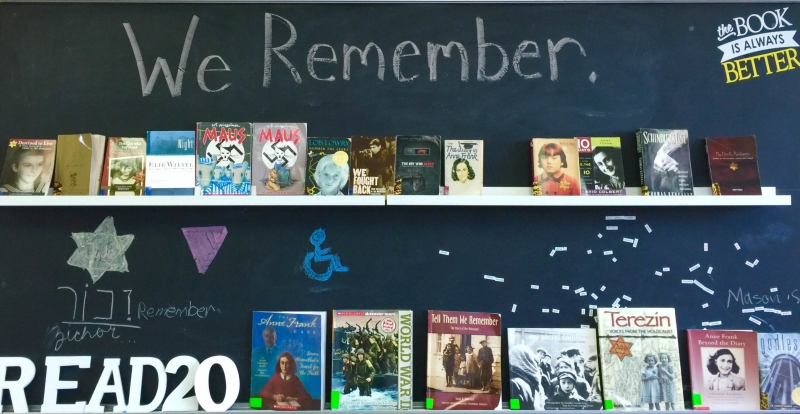
I use my instructional boards as book displays because the chalk tray allows books to stand with the cover facing out.
Beyond Courage: The Untold Story of Jewish Resistance During the Holocaust
![]() (Grades 5-12, Level Z, Lexile 1030) answers that perennial kid question, Why didn’t they fight back? with a resounding, They did! This well-designed nonfiction coffee table style book details 21 stories of resistance that kids can learn from even if they only read a page or two. Tons of images make the text appealing and accessible.
(Grades 5-12, Level Z, Lexile 1030) answers that perennial kid question, Why didn’t they fight back? with a resounding, They did! This well-designed nonfiction coffee table style book details 21 stories of resistance that kids can learn from even if they only read a page or two. Tons of images make the text appealing and accessible.
Tell Them We Remember
![]() (Grades 4-9, Level Y, Lexile 1190) answers another common question: Why didn’t America stop the Holocaust from ever happening? This book explains painful but pivotal facts that contributed to the Holocaust, such as our isolationism and hesitance to accept large numbers of refugees leading up to our involvement in WWII. These are timely discussions to have with our future voters.
(Grades 4-9, Level Y, Lexile 1190) answers another common question: Why didn’t America stop the Holocaust from ever happening? This book explains painful but pivotal facts that contributed to the Holocaust, such as our isolationism and hesitance to accept large numbers of refugees leading up to our involvement in WWII. These are timely discussions to have with our future voters.
The Diary of Anne Frank, A Play
![]() (Grades 6-12) is a solid choice for studying drama. The 1950s play told in frame story is structured with Anne reading her diary entries as soliloquy interspersed throughout the “inside” story. Help students understand the setting of the play with the excellent Secret Annex Online: The Hiding Place in 3D on the Anne Frank House museum’s official website.
(Grades 6-12) is a solid choice for studying drama. The 1950s play told in frame story is structured with Anne reading her diary entries as soliloquy interspersed throughout the “inside” story. Help students understand the setting of the play with the excellent Secret Annex Online: The Hiding Place in 3D on the Anne Frank House museum’s official website.
The Anne Frank Case (Grade 1-5, Lexile 910)is an important narrative nonfiction book to include in any study of Anne Frank. The book tells the story of Holocaust-denying hecklers interrupting a performance of the play adaptation of Anne’s diary. What follows is Simon Wiesenthal’s journey to authenticate the diary as legitimate, helping to confirm that the Holocaust did happen. The illustrations on every page make the higher level text approachable for students.
(Grade 1-5, Lexile 910)is an important narrative nonfiction book to include in any study of Anne Frank. The book tells the story of Holocaust-denying hecklers interrupting a performance of the play adaptation of Anne’s diary. What follows is Simon Wiesenthal’s journey to authenticate the diary as legitimate, helping to confirm that the Holocaust did happen. The illustrations on every page make the higher level text approachable for students.
Number the Stars
![]() (Grades 5-7, Level U, Lexile 670) is a beautiful, lyrical historical fiction book by Lois Lowry. It’s a quick read too! This Newbery winning title tells the story of how the people of Denmark rallied together to help save Jewish citizens during the Nazi occupation. The action is told from a child protagonist’s point of view as she helps her Jewish best friend and her family escape from the country. I use this title to pull in current event topics such as the Syrian refugee crisis.
(Grades 5-7, Level U, Lexile 670) is a beautiful, lyrical historical fiction book by Lois Lowry. It’s a quick read too! This Newbery winning title tells the story of how the people of Denmark rallied together to help save Jewish citizens during the Nazi occupation. The action is told from a child protagonist’s point of view as she helps her Jewish best friend and her family escape from the country. I use this title to pull in current event topics such as the Syrian refugee crisis.
Here’s a continued list of titles that are shared during our Yom HaShoah book flood:
- The Boy in the Striped Pajamas
- The Berlin Boxing Club
- Schindler’s List
- Terezin: Voices from the Holocaust
- The Story of Anne Frank
- Night
- Anne Frank, Diary of a Young Girl
- Maus I: A Survivor’s Tale, My Father Bleeds History
- Maus II: A Survivor’s Tale, And Here My Troubles Began
What titles do you feature when talking about the Holocaust with your students?


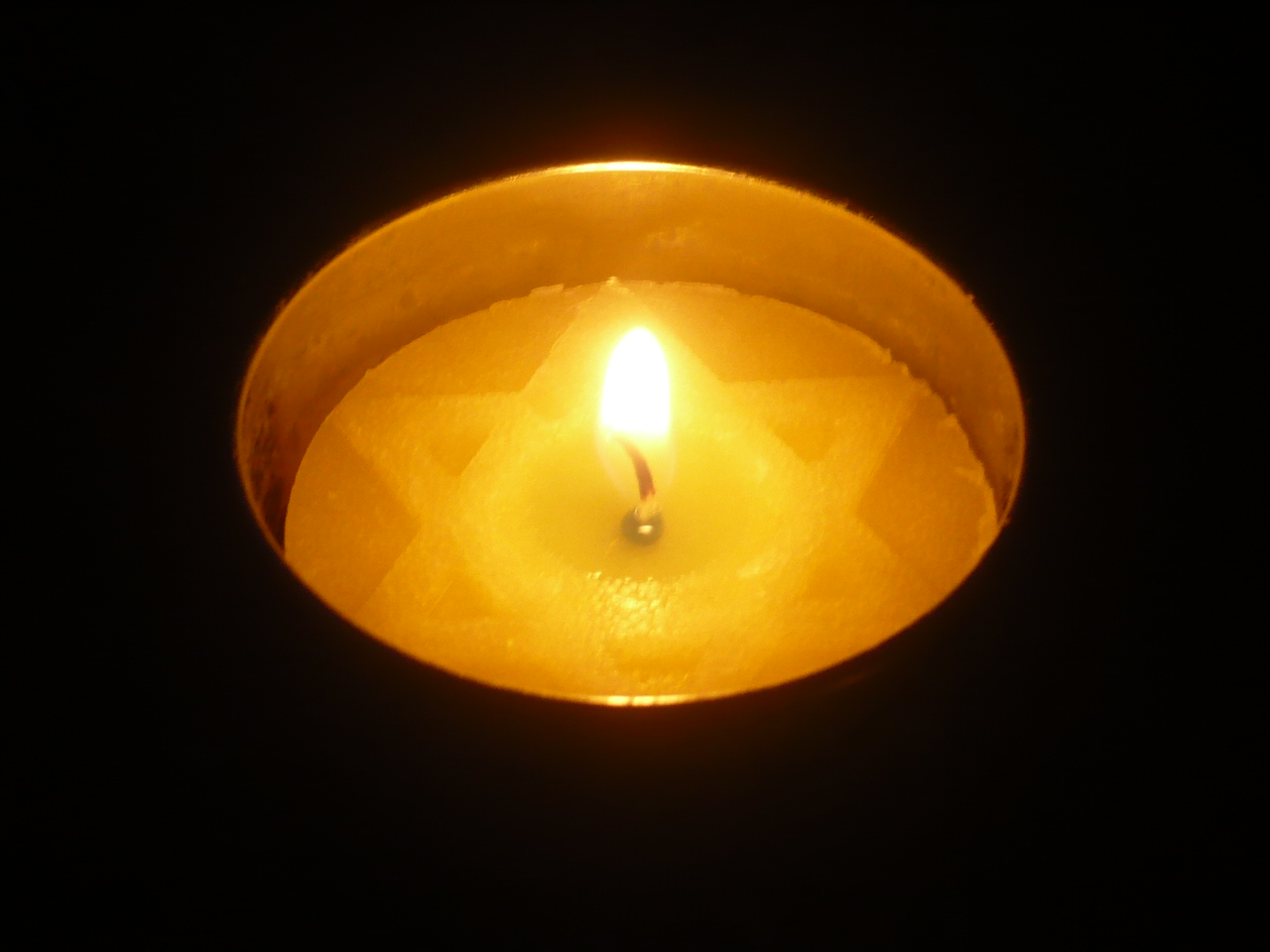
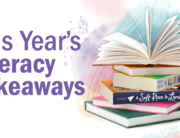
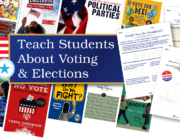
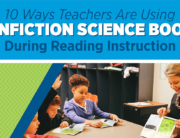
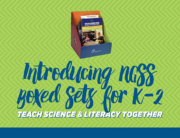
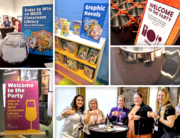
Leave A Comment